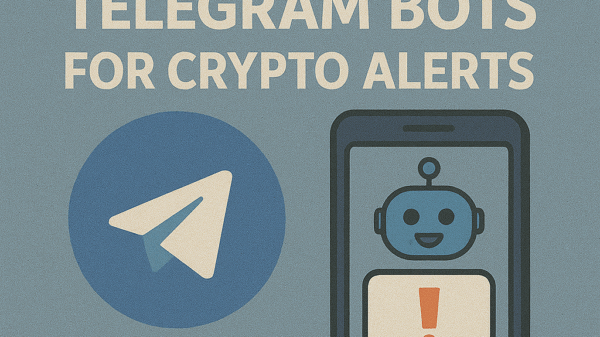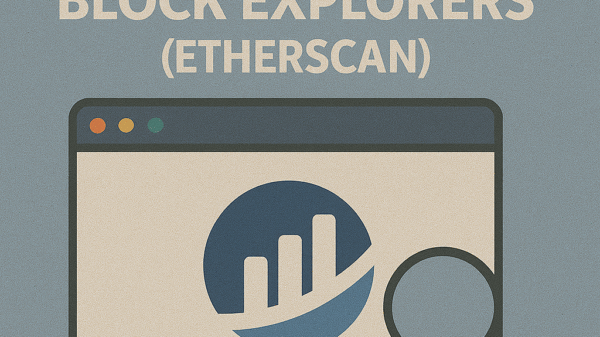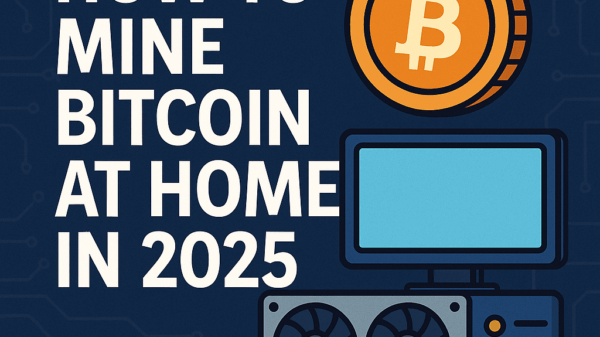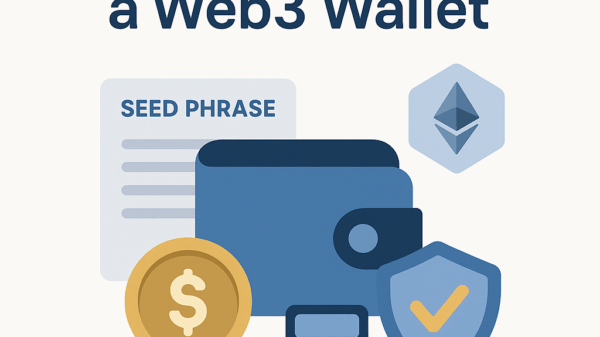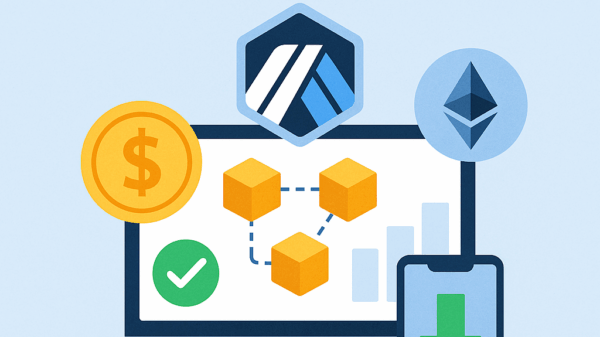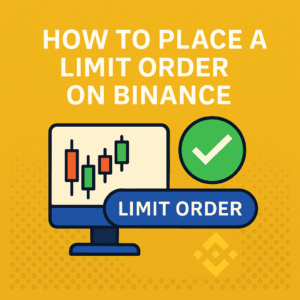How to Avoid Overtrading in Crypto
By Jason Miller – Crypto Writer 10.expert 🧠 Covering Bitcoin, altcoins, blockchain & Web3.
As a crypto writer and analyst, I’ve seen firsthand how the siren song of volatility can lure even the most well-intentioned traders into a dangerous trap: overtrading. In the 24/7, high-octane world of crypto, it’s easy to get caught in a cycle of constant buying and selling, believing that more activity equals more profit. However, more often than not, overtrading leads to increased stress, higher fees, impulsive decisions, and ultimately, a depletion of your trading capital.
It’s a common psychological pitfall, fueled by FOMO (Fear of Missing Out), revenge trading after a loss, or simply the thrill of the chase. But seasoned traders know that quality trumps quantity. Let’s explore how to recognize and avoid the detrimental habit of overtrading.
How to Avoid Overtrading in Crypto: Discipline Over Desperation 🚫🏃
Overtrading is a fast track to burnout and losses in the crypto market. Mastering your psychology and sticking to a disciplined plan are your best defenses.
Recognize the Signs of Overtrading 🚨
The first step is self-awareness. Are you:
* Constantly checking charts and price action?
* Taking trades without a clear setup or plan?
* Feeling compelled to trade after a win or loss?
* Seeing your trading fees eat into your profits?
* Experiencing stress, anxiety, or fatigue from trading?
* Chasing pumps or shorting every dip impulsively?
Develop a Comprehensive Trading Plan (and Stick to It!) 📝
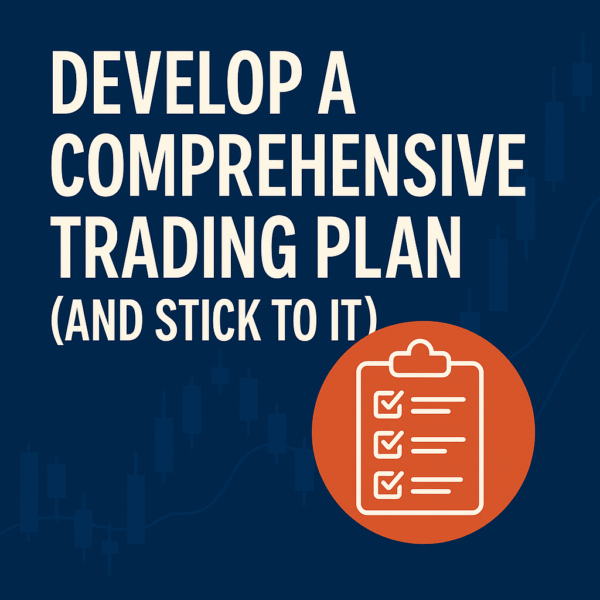
This is your blueprint. A solid trading plan should include:
* Specific entry and exit criteria: What conditions must be met for you to enter/exit a trade?
* Risk management rules: Position sizing, maximum loss per trade, overall daily/weekly loss limits.
* Preferred assets and timeframes: Which cryptos will you trade and on what charts?
* Trading hours: When will you actively look for trades, and when will you step away?
Once you have a plan, discipline is key to following it.
Implement Strict Risk Management Rules 🛡️
Overtrading often stems from poor risk management.
* Position Sizing: Never risk more than a small percentage (e.g., 1-2%) of your total trading capital on any single trade.
* Stop-Loss Orders: Always use stop-loss orders to automatically limit potential losses. This prevents a small loss from turning into a big one and removes emotional decision-making.
* Daily/Weekly Loss Limits: Set a maximum amount you’re willing to lose in a day or week. If you hit it, stop trading. No exceptions.
Limit Your Screen Time 📵
The 24/7 nature of crypto markets can be a trap. Constant monitoring leads to emotional fatigue and the urge to find trades where none exist. Set specific hours for analysis and trading, and then step away from your screens.
Focus on Quality Over Quantity ✨
You don’t need to trade every move, every candle. Successful traders wait patiently for high-probability setups that align with their strategy. A few well-executed trades can be far more profitable than many impulsive ones.
Master Your Emotions: Conquer FOMO and Revenge Trading 🧘♀️
These are the deadliest psychological traps:
* FOMO (Fear of Missing Out): Don’t chase pumps. If you missed a move, there will always be another opportunity. Stick to your plan.
* Revenge Trading: After a loss, the urge to immediately jump back in and “get your money back” is strong. Resist it. Take a break, review your journal, and only trade when you’re in a clear, rational mindset.
Keep a Detailed Trading Journal 📓
Record every trade: entry/exit points, rationale, outcome, and crucially, your emotional state. Reviewing your journal helps you identify patterns of overtrading, emotional triggers, and what strategies work best for you.
Take Regular Breaks and Step Away 🚶
Trading is mentally demanding. Step away from your desk, go for a walk, exercise, or engage in non-trading activities. This helps clear your mind and prevents burnout, allowing you to return with fresh perspective.
Set Realistic Profit Targets and Expectations 🎯
Unrealistic expectations (e.g., “I need to make 10% daily”) can lead to desperation and overtrading. Focus on consistent, sustainable gains. Understand that losses are a part of trading, and not every day will be profitable.
Avoid Over-Leveraging 💥
High leverage amplifies both gains and losses. Over-leveraging means that even small price movements can lead to liquidation, triggering panic and the urge to recoup losses quickly through more trades. Start with low leverage or stick to spot trading until you master risk management.
Don’t Trade Out of Boredom or Addiction 🎮
If you find yourself trading simply because you have nothing else to do, or because you crave the thrill, you’re likely overtrading. Trading should be a calculated endeavor, not a form of entertainment or addiction.
Focus on Higher Timeframes 📊
Trading on lower timeframes (e.g., 1-minute, 5-minute charts) generates more signals and noise, which can encourage overtrading. By focusing on higher timeframes (e.g., 4-hour, daily charts), you see the bigger picture, and fewer, but often clearer, trading opportunities emerge.
Review Your Performance Periodically (Weekly, Monthly) 📆
Instead of fixating on daily P&L (Profit & Loss), review your trading performance weekly or monthly. This allows you to see overall trends in your profitability and identify if overtrading is impacting your long-term results.
Understand the Impact of Trading Fees 💸
Every trade incurs fees. Overtrading, especially with small profits or frequent losses, means these fees quickly add up and can significantly erode your capital, even if your win rate seems decent. Less frequent, higher-conviction trades minimize fee impact.
Seek Education and Mentorship 🧠
Continuously learn about trading psychology, risk management, and advanced strategies. A good mentor or community can provide guidance and help you identify and correct overtrading habits. Learning from others’ mistakes can save you significant capital.
Avoiding overtrading is a cornerstone of sustainable success in crypto. It’s not about being a perfect trader, but about being a disciplined one, controlling your emotions, and prioritizing the preservation of your capital above all else.

